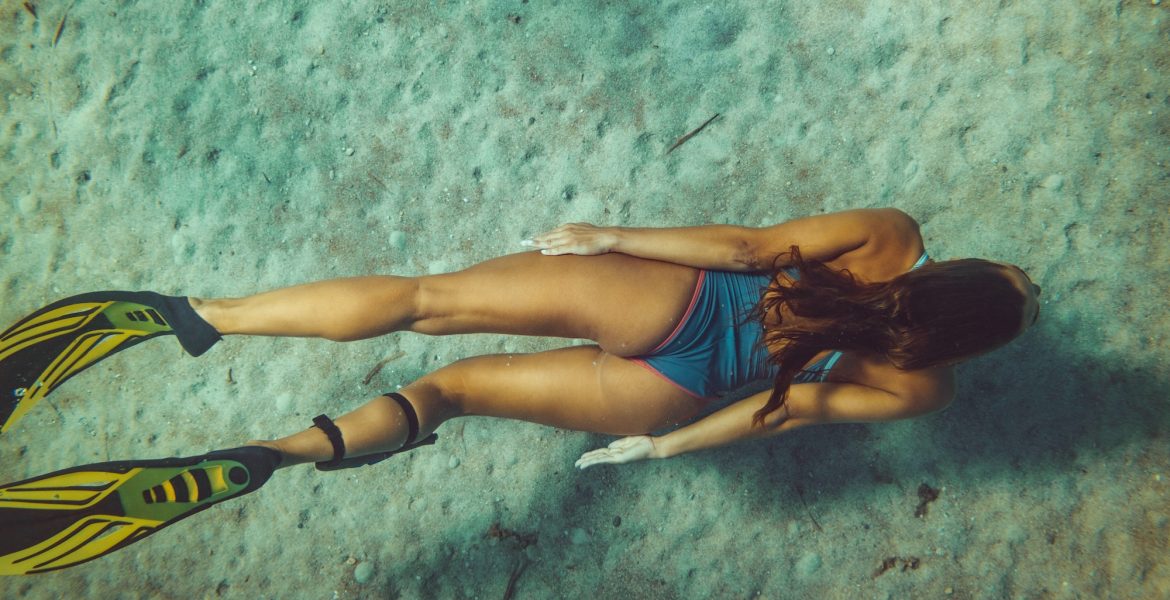
Things to Know About Scuba Diving
Whether you’re an experienced scuba diver or you’ve never been, there are certain things to know about scuba diving before you head out into the water. Getting a scuba certification is the best way to ensure you are properly prepared for your first adventure, but there are several other precautions you’ll want to take.
Freediving vs scuba diving
Choosing between Freediving and Scuba diving can be a bit of a challenge. While both have their merits, one may be better suited for your specific situation. The main difference between the two is that Scuba divers use SCUBA equipment while Freedivers use no such thing.
Generally speaking, Scuba is the more popular of the two. However, there are several reasons why freediving may be the better option for you.
Freediving is a great way to explore shallower depths, check out a wall, or glide along the corals. Freediving is also an excellent way to see a variety of sea life. However, you should be cautious about marine life. Regardless of the type of diving, you should always dive with a dive buddy. Ideally, the buddy should be trained in resuscitation, should you need it.
Freediving is not as efficient as scuba, as you are not allowed to stay underwater for longer than a few minutes at a time. However, it is one of the most fun activities you can do in the water.
Decompression sickness
During scuba diving, the risk of decompression sickness can be reduced by limiting the number of dives and depth. Decompression sickness is usually characterized by pain in the musculoskeletal system, fatigue, swelling and a rash. The symptoms can last for several hours or even days. If you experience any of these symptoms, call for medical help immediately.
Decompression sickness occurs when nitrogen gas is breathed into the lungs during scuba diving. As pressure decreases, nitrogen is dissolved and forms bubbles in the blood. These bubbles can obstruct blood flow to the arteries of the heart and brain. They also cause inflammation, swelling, and tissue injury.
Decompression sickness is usually a symptom of an underlying medical condition such as pneumonia. Divers who experience decompression sickness may be referred to a hyperbaric chamber for treatment. A hyperbaric chamber is a pressurized environment that is used to provide large amounts of oxygen to damaged tissues.
Decompression sickness can occur in the air, in water, or in a combination of the two. The condition is most common in scuba divers, but astronauts are also at risk.
Nitrogen narcosis
During underwater diving, narcosis can occur. It is a condition caused by breathing air or other gases at high pressures. It can cause psychological distress, and can also be dangerous. In some cases, narcosis can lead to unconsciousness and hypothermia.
Divers usually breathe air containing nitrogen. This gas is the most common compressed gas. Some studies have shown that breathing nitrogen at high pressures may cause narcotic effects. These effects are similar to those produced by alcohol. It is thought that impurities in the breathing mixture cause these symptoms.
Nitrogen narcosis is an altered state of consciousness caused by breathing nitrogen under hyperbaric conditions. It has been studied for its effects on the diver’s thinking and behavior. Studies have found that it can reduce a diver’s ability to react appropriately to unexpected situations.
It can also affect the diver’s concentration and short-term memory. It can also cause hallucinations and confusion.
It can also cause a reversible change in consciousness. It can affect the diver’s perception of body temperature and lead to hypothermia.
Emergency procedures
Having emergency procedures for scuba diving is an important part of safety. They are designed to be your first response to a life-threatening situation. The plan should include specific duties, equipment requirements, and procedures for emergency evacuation. The plan should be documented, accessible, and reviewed regularly. It should also include information on local emergency services.
Emergency procedures for scuba diving can include evacuation from underwater, rescue training, and first aid training. In addition, they can include practical exercises and theory. They may vary depending on the location and the available assistance.
First aid procedures for scuba diving may include a high concentration of oxygen. It is also important to provide oral fluids only to fully conscious persons. It is also important to monitor vital signs and assess the injured diver for signs of serious illness. The diver should be transported to a medical facility or hospital as soon as possible.
First aid procedures for scuba divers should also include a detailed incident report. This should include information such as: the location and circumstances of the incident, what occurred, the person’s vital signs, and any necessary medical treatment.
- December 2025
- November 2025
- October 2025
- September 2025
- August 2025
- July 2025
- May 2025
- February 2025
- December 2024
- October 2024
- August 2024
- July 2024
- February 2024
- December 2023
- October 2023
- August 2023
- May 2023
- March 2023
- January 2023
- November 2022
- August 2022
- June 2022
- May 2022
- March 2022
- September 2021